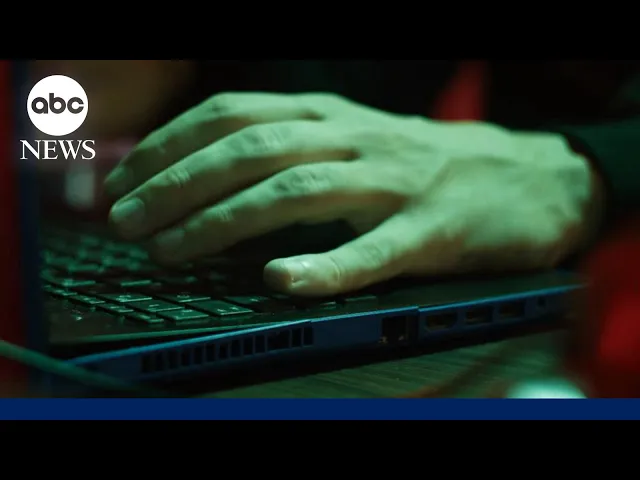Examining which careers are most at-risk for AI impacts

AI will disrupt jobs — here's how
The race between human talent and artificial intelligence has entered a new phase as generative AI reshapes professional landscapes across industries. In a recent analysis examining which careers face the greatest risk from AI disruption, researchers have identified clear patterns of vulnerability and resilience in the modern workforce. Understanding these patterns isn't just academic—it's becoming essential for career planning and business strategy as organizations navigate the rapidly evolving technological terrain.
Key insights from the research
-
Routine cognitive work faces highest risk — Jobs involving predictable information processing like data entry, basic accounting, and first-level customer service are most vulnerable to AI displacement, with machines already capable of performing these tasks more efficiently than humans.
-
Creative and social roles show resilience — Professions requiring sophisticated human connection, original thinking, and emotional intelligence—like therapists, creative directors, and leadership roles—demonstrate significant resistance to automation.
-
Physical jobs face complex automation challenges — Contrary to earlier predictions, many physical occupations remain difficult to automate due to the complexity of replicating human dexterity, adaptability, and spatial reasoning in variable environments.
-
AI creates a new pattern of job transformation — Rather than wholesale replacement, most roles are seeing task-level reorganization where AI handles routine components while humans focus on higher-value activities, creating hybrid human-AI workflows.
The surprising resilience of human skills
The most compelling finding is how the automation risk equation has flipped from previous technological revolutions. Historically, physical and manufacturing jobs faced the greatest displacement threats from technology. Today, it's white-collar knowledge workers—particularly those in middle-management and administrative positions—who face the most significant disruption.
This shift matters because it contradicts conventional wisdom about career "safety." Many professionals who pursued advanced degrees in fields like law, accounting, and business administration specifically to insulate themselves from technological disruption now find themselves squarely in AI's crosshairs. The implications extend beyond individual careers to challenge fundamental assumptions about education, workforce development, and organizational structure.
Where the analysis falls short
While the research provides valuable insights into which jobs face disruption, it doesn't fully address the uneven distribution of AI impacts across different socioeconomic and demographic groups. For instance, women are overrepresented in many administrative roles identified as high-risk
Recent Videos
How To Earn MONEY With Images (No Bullsh*t)
Smart earnings from your image collection In today's digital economy, passive income streams have become increasingly accessible to creators with various skill sets. A recent YouTube video cuts through the hype to explore legitimate ways photographers, designers, and even casual smartphone users can monetize their image collections. The strategies outlined don't rely on unrealistic promises or complicated schemes—instead, they focus on established marketplaces with proven revenue potential for image creators. Key Points Stock photography platforms like Shutterstock, Adobe Stock, and Getty Images remain viable income sources when you understand their specific requirements and optimize your submissions accordingly. Specialized marketplaces focusing...
Oct 3, 2025New SHAPE SHIFTING AI Robot Is Freaking People Out
Liquid robots will change everything In the quiet labs of Carnegie Mellon University, scientists have created something that feels plucked from science fiction—a magnetic slime robot that can transform between liquid and solid states, slipping through tight spaces before reassembling on the other side. This technology, showcased in a recent YouTube video, represents a significant leap beyond traditional robotics into a realm where machines mimic not just animal movements, but their fundamental physical properties. While the internet might be buzzing with dystopian concerns about "shape-shifting terminators," the reality offers far more promising applications that could revolutionize medicine, rescue operations, and...
Oct 3, 2025How To Do Homeless AI Tiktok Trend (Tiktok Homeless AI Tutorial)
AI homeless trend raises ethical concerns In an era where social media trends evolve faster than we can comprehend them, TikTok's "homeless AI" trend has sparked both creative engagement and serious ethical questions. The trend, which involves using AI to transform ordinary photos into images depicting homelessness, has rapidly gained traction across the platform, with creators eagerly jumping on board to showcase their digital transformations. While the technical process is relatively straightforward, the implications of digitally "becoming homeless" for entertainment deserve careful consideration. The video tutorial provides a step-by-step guide on creating these AI-generated images, explaining how users can transform...
